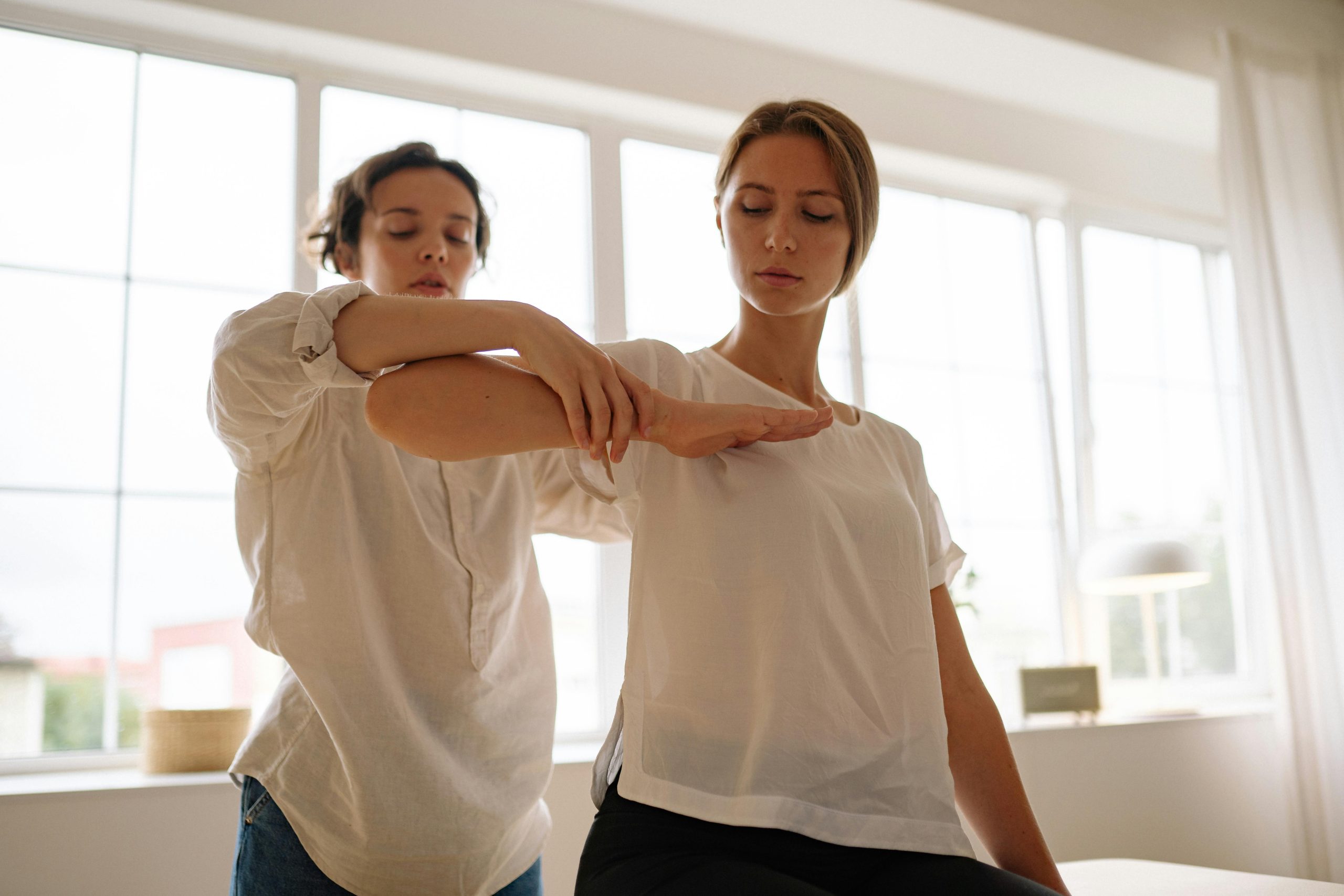In today’s fast-paced world, self-care is more than just a buzzword—it’s a necessity. Yet, many people struggle to create a self-care routine that truly works for them. The key lies in personalization. A one-size-fits-all approach rarely sticks because everyone’s needs, schedules, and preferences are different. Whether you’re new to self-care or looking to refine your existing routine, these simple steps will help you build a personalized plan that fits seamlessly into your life.
Understand What Self-Care Really Means
Before diving into creating a routine, it’s essential to understand what self-care truly entails. Self-care isn’t just about bubble baths and face masks—though those can be part of it. It’s about intentionally taking time to nurture your physical, emotional, mental, and spiritual well-being. This could mean:
- Physical self-care: Exercise, healthy eating, and adequate sleep.
- Emotional self-care: Journaling, therapy, or spending time with loved ones.
- Mental self-care: Reading, learning, or practicing mindfulness.
- Spiritual self-care: Meditation, prayer, or spending time in nature.
Recognizing these categories helps you identify which areas of your life need the most attention. Self-care is holistic, and neglecting one aspect can throw the others off balance.
Assess Your Needs and Priorities
To build a routine that works, start by assessing your unique needs. Ask yourself:
- What areas of my life feel neglected or overwhelming?
- What activities make me feel recharged and happy?
- How much time can I realistically dedicate to self-care each day or week?
Be honest with your answers. If you’re constantly exhausted, physical self-care like better sleep or nutrition might be a priority. If you’re feeling emotionally drained, activities like therapy or creative hobbies could be more beneficial. Your routine should reflect what you need, not what social media or others suggest.
Start Small and Be Consistent
One of the biggest mistakes people make is trying to overhaul their entire routine overnight. Instead, start small. Choose one or two self-care practices to incorporate into your daily or weekly schedule. For example:
- Take a 10-minute walk during your lunch break.
- Spend 5 minutes journaling before bed.
- Practice deep breathing for 3 minutes when you wake up.
Small, consistent actions are more sustainable than grand, sporadic gestures. Over time, these habits will become second nature, and you can gradually add more elements to your routine.
Make It Enjoyable and Flexible
Self-care shouldn’t feel like another chore on your to-do list. If you dread an activity, it’s not serving its purpose. Experiment with different practices to find what you genuinely enjoy. For instance:
- If you hate running, try yoga or dancing instead.
- If meditation feels tedious, explore guided visualizations or nature walks.
Flexibility is also crucial. Life gets busy, and your routine should adapt to your changing needs. Some days, self-care might mean a full workout; other days, it could be as simple as drinking enough water. The goal is to listen to your body and mind without guilt.
Track Your Progress and Adjust as Needed
Building a self-care routine is an ongoing process. Keep track of what’s working and what isn’t. Reflect on how certain activities make you feel—do they energize you or leave you feeling drained? Adjust your routine accordingly. You might find that:
- Morning routines work better for you than evening ones.
- Group activities boost your mood more than solo practices.
Don’t be afraid to pivot. Self-care is about growth and self-awareness, so your routine should evolve as you do.
Conclusion
Creating a personalized self-care routine isn’t about perfection—it’s about progress. By understanding your needs, starting small, and staying flexible, you can build a routine that truly supports your well-being. Remember, self-care is a lifelong journey, not a destination. Be patient with yourself, celebrate small wins, and keep refining your approach. Over time, you’ll discover what works best for you, leading to a happier, healthier, and more balanced life.



